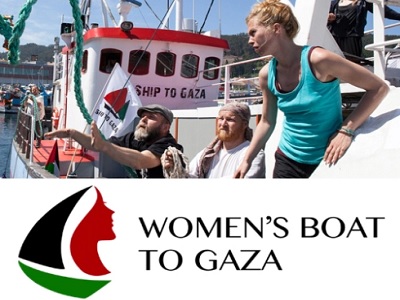
By Muhsin Abu Ramadan
The latest report of the World Bank shed light on the economic crisis in Palestine, resulting from the ongoing occupation, settlements, division, aggression and blockade. These factors combined led to a shrinkage in the economic situation and deepened the funding gap for the Palestinian Authority’s budget of up to 600$ million. They also contributed to the high rates of poverty and unemployment, especially among the youth. The report mentioned the stumbling and slow reconstruction process which has not be realized, with only 49% of the pledged funds delivered to Gaza.
Hence, there are about 70,000 displaced people waiting for reconstruction – only 11% of Gaza was reconstructed. This is not the first report issued by the World Bank stressing the riskiness of the stability of the region, yet there were a series of similar reports issued by it and other humanitarian and international organizations, including the Red Cross and the United Nations, along with its different bodies.
The most important report published was the UN Gaza 2020 report which indicated that Gaza will be uninhabitable by 2020. This report coincides with tightening the siege on the Gaza Strip, which is characterized by the faltering reconstruction process and the prohibition of accessing necessary materials. For example, steel, wood, and concrete are prohibited sometimes from entering the region. Besides, there is an obvious attack on international, non-governmental organizations and other UN bodies in order to dry up their financial resources and force them to stop their services and social and humanitarian activities which poor and disadvantaged Palestinians benefit from.
Israel withdrew the permits of thousands of traders and limited permits to a minimal few. This disproves propaganda by the occupation leaders, including Lieberman’s declaration of providing possible facilities to our people, especially for the labor force. If achieved, these facilities would be politically strategic, agenda based on Netanyahu’s vision of economic peace – instead of having our right to self-determination and achieving national sovereignty.
It is clear that the ‘moment of implementing facilities is yet to come because it is linked to the political solution, which aims at finishing off what remains of the Palestinian issue through the implementation of the policy of local administrations and Bantustans. This comes in light of Israel’s continuing land confiscation, annexation of large areas, and isolating Palestinians in separated areas, including the Gaza Strip.
It has become clear that the deterioration of the living conditions of Palestinians in Gaza is mainly a result of the occupation and internal division. There is an absence of a unified development vision and executive and legislative institutions that have the ability to obstruct the occupation practices and reinforce the steadfastness of the Palestinian people. To achieve this purpose, ministerial policies, based on equality and justice, that are free from political tribalism, factionalism, and undue advantages, are needed.
After breaking down the democratic process, and the municipal elections, which were stopped by a decision of the Supreme Court, people felt disappointed. The possibility of investing in this opportunity to hold elections of other representative institutions including presidential, legislative, and the national council, has faded. By the time we desperately need to exert all possible efforts to end the division, retrieve national unity, and format democratically elected institutions based on partnership instead of exclusion and obsessiveness, Palestinians need to intensify the struggle for again highlighting the unjust siege imposed on the Gaza Strip 10 years ago, including three aggressive and fierce military operations.
Resending ships to Gaza by some activists, who believe in peace and the values of democracy and people’s right to self-determination, including Amal, Hope and Zaytouna Oliva which will be carrying female activists, all have an honorable history of defending justice and rejecting oppression, injustice and slavery based on the principles of human rights. These actions are a move in the right direction.
They also represent a response to the World Bank report and all international reports, which warn against the consequences of continuing the siege imposed on Gaza with its dangerous economic, social, and humanitarian consequences. The issue of the blockade, especially in light of the numerous events in the Arab countries, which represented a blow to the Palestinian cause, has received little attention. It has been necessary to re-promote the role of civil society in ending the siege by organizing activities aimed at highlighting the negative impact thereof, by utilizing the civil society’s relationship with popular and international solidarity forces and promoting and the adoption of diplomatic and legal actions, in addition to adopting the Boycott, Divestment and Sanctions (BDS) movement.
This aims at highlighting the siege issue, which is considered a collective punishment against our people, legally speaking. Promoting activities which reject the blockade must be linked simultaneously with disapproving settlements, Judaization of Jerusalem, isolation policies, and the abuse of Palestinian detainees in the West Bank. This contributes to dedicating these activities to the achievement of one purpose – Palestinian national interest – and enhances the national cohesion of our homeland.
-Muhsin Aburamadan is a Palestinian intellectual and writer based in Gaza. (This article was published by Sama News Agency in Arabic and was translated into English by the Palestine Chronicle.)




